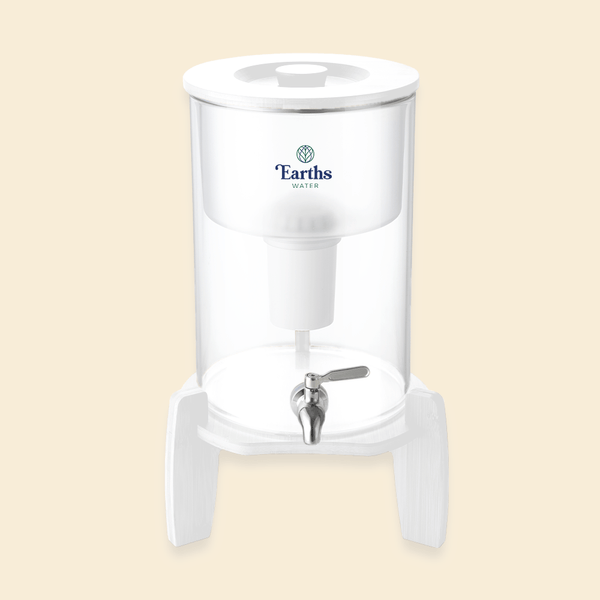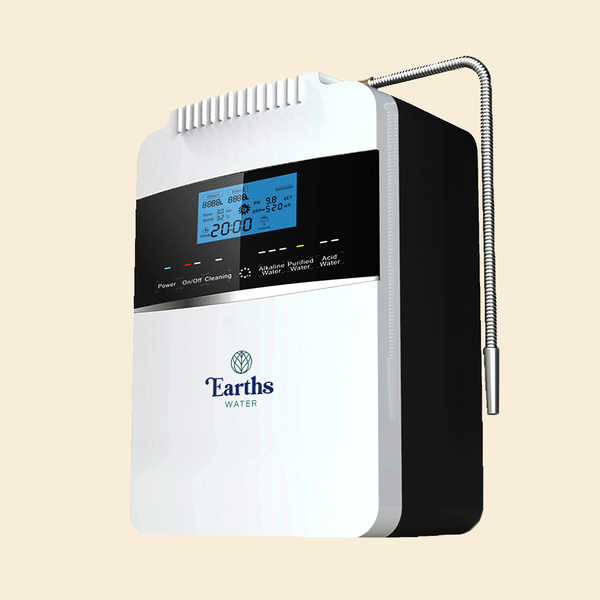
When we talk about water quality, most of us focus on the stuff we don’t want—chlorine, lead, microplastics. But there’s a lot to be said for what we do want to keep in our water, and minerals are at the top of that list.
If you’ve ever spotted white spots in your kettle or tasted a faint chalky flavour in your tap water, you’ve already met some of them—mainly calcium and magnesium, with a bit of potassium for good measure. They’re naturally occurring, and depending on where you live in Australia, your tap water might have a fair bit of them.
So what’s the truth? Are minerals in tap water something to embrace, avoid, or just ignore?
What Are Minerals Doing in Your Tap Water?
As water flows through soil and rock, it picks up tiny amounts of minerals like calcium, magnesium, and potassium. These minerals are essential to human health, helping with everything from bone strength to heart function.

Depending on your location, your tap water might be soft (low in minerals) or hard (higher in minerals). Perth and Adelaide, for example, often have hard water, while parts of Victoria and Tasmania are known for having much softer supplies.
Hard water isn’t necessarily a problem for your health—it’s more of a mixed bag, which we’ll explore in a moment.
Filtered vs Demineralised vs Mineral-Rich Water

All water may look the same in your glass, but the content can vary hugely—and that can affect everything from taste to appliance wear and tear. So here’s a quick breakdown:
Demineralised Water
This ultra-purified water goes through distillation to remove nearly everything—including the good stuff. While it’s useful in certain industrial or laboratory settings, it’s not ideal for daily hydration. Regularly drinking demineralised water may not provide enough essential minerals and could even lead to an increased risk of mineral loss from the body, especially if your diet is lacking. It also tends to taste flat or bland—because it literally is.
Mineral-Rich Water
This includes natural spring water and water with higher calcium and magnesium content. It’s often bottled and marketed as “premium,” but the reality is you can get these same minerals from a balanced diet—and your tap, in many cases.
It can taste slightly chalky, leave mineral deposits on appliances, and be a nuisance for soap lathering and cleaning.
Filtered Water (The Earths Water Way)
Filtered water aims for balance. The sweet spot. A good-quality filter should remove chlorine, microplastics, lead, and other nasties—without stripping out the beneficial minerals your body actually needs.
Earths Water filters are designed with this balance in mind. They keep the healthy minerals intact while filtering out the stuff you don’t want in your glass.
Why Minerals in Water Are Actually a Good Thing
Let’s break down why your body loves a bit of mineral content in your water:
Calcium – The Bone Builder
We all know calcium is essential for strong bones and teeth. But many Australians still fall short on their daily intake. While most of your calcium should come from food sources like dairy and leafy greens, water can contribute meaningfully—especially in hard water areas.
Magnesium – The Heart’s Helper
Magnesium supports over 300 enzyme reactions in the body. It’s essential for regulating blood pressure, supporting nerve and muscle function, and keeping your heartbeat steady. Some studies even link magnesium-rich water with a lower risk of heart disease.
Potassium – The Balancing Act
Although found in smaller amounts in tap water, potassium helps regulate fluids and is key to muscle contractions and nerve signals.
Flavour and Freshness
Believe it or not, water with a natural mineral content often tastes better. Flat or metallic-tasting water is usually a sign of over-processing or imbalance. Minerals give water its “body”—a roundness and flavour that bottled demineralised water just can’t match.
But Is Hard Water Bad for You?
From a health perspective? Not at all. In fact, many experts agree that hard water is safe to drink and may even offer benefits, especially in areas with lower dietary mineral intake. But hard water does have its downsides—just not where you might expect.

In Your Home:
-
Limescale build-up on kettles, taps and showerheads
-
Soap and shampoo that won’t lather properly
-
Stiff laundry and streaky dishes
-
Reduced appliance lifespan and higher energy bills due to clogged heating elements
On Your Skin and Hair:
Hard water can leave your skin dry and your hair feeling dull or coated. If you’ve got sensitive skin or conditions like eczema, this can be especially irritating.
If this sounds like your house, you might want to try our Premium Shower Filter, which helps reduce mineral residue and chlorine—gentler on your skin, hair, and plumbing.

What Happens When You Remove All the Minerals?
On the flip side, if you filter too much—like with demineralised or heavily distilled water—you risk ending up with:
-
A bland or metallic taste
-
Mineral imbalance in the body
-
Faster corrosion of metal plumbing or kettles
-
Possible digestive discomfort for sensitive drinkers
In other words, the goal isn’t to eliminate everything. It’s to keep the good, lose the bad.
The Earths Water Balance
At Earths Water, we believe filtered water shouldn’t come at the cost of what makes water naturally good for you. That’s why our filters are designed to retain healthy minerals while removing harmful contaminants.

From our glass benchtop, under sink RO, to even our jugs, our filters work to:
-
Reduce chlorine, odours, and sediment
-
Capture heavy metals and microplastics
-
Keep natural calcium and magnesium levels balanced
-
Deliver fresh-tasting water that’s better for you and your home
Want to know how our filters stack up against bottled or tap? Have a read here.
So… Are Minerals in Tap Water Friend or Foe?
Verdict: Absolutely friend.
Naturally occurring minerals in tap water aren’t just safe—they’re beneficial. They support everything from bone strength to energy metabolism—and make your water taste, well, like water should.

The real concern lies in the contaminants. That’s where the right filter makes all the difference. With Earths Water, you get the best of both worlds: you can enjoy all the health perks of mineral-rich water, without the chlorine, heavy metals, or microplastics that tag along.
So go ahead—fill up your bottle, pour a glass, or brew your next cup of coffee knowing you’re getting hydration that does more than just quench your thirst.









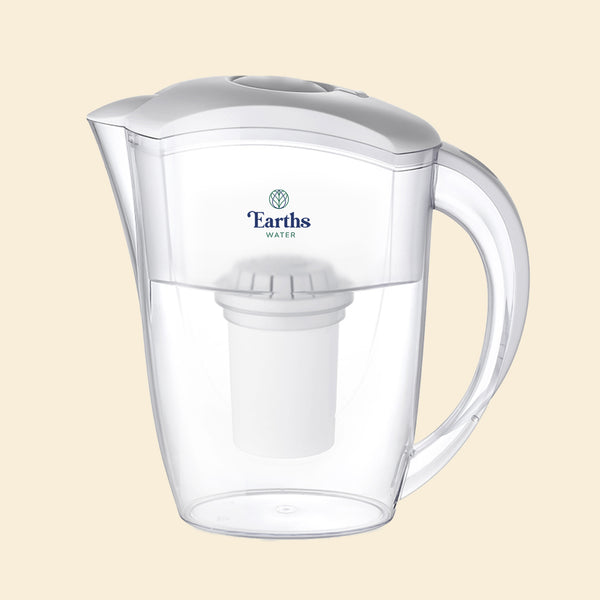
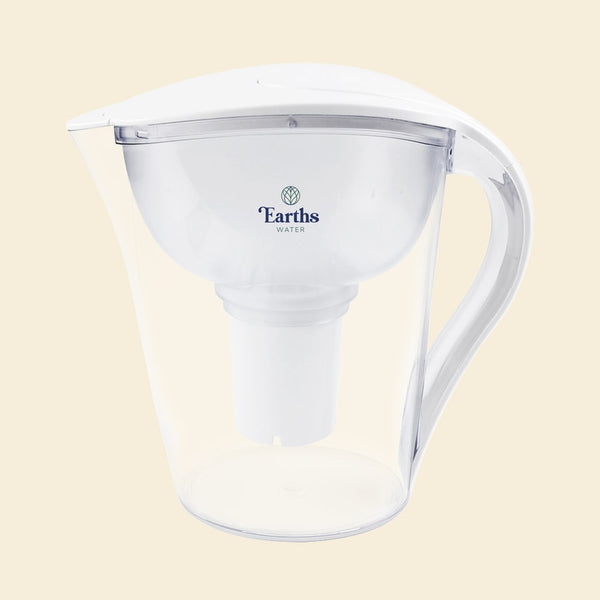
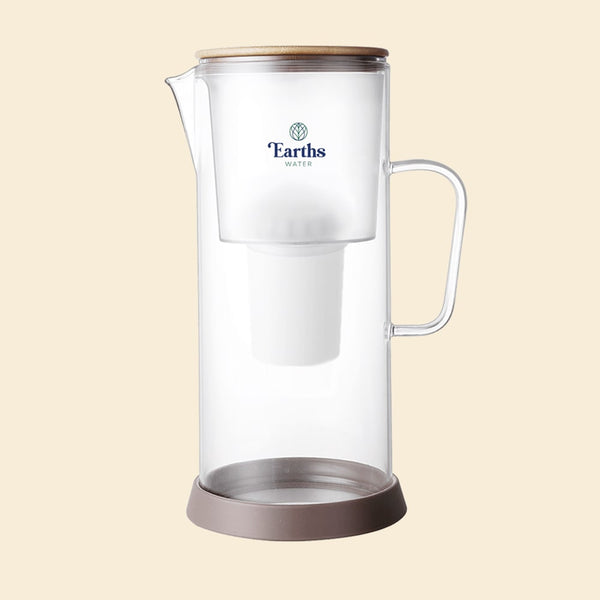
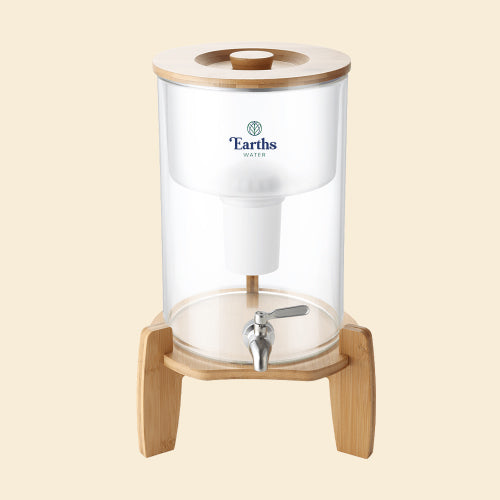
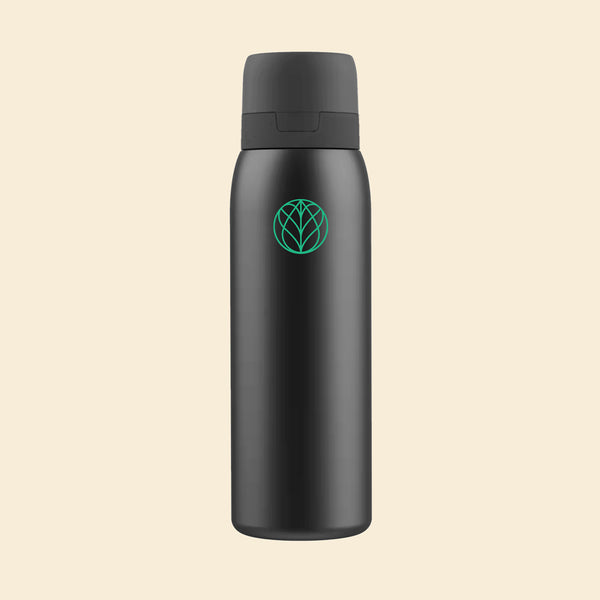
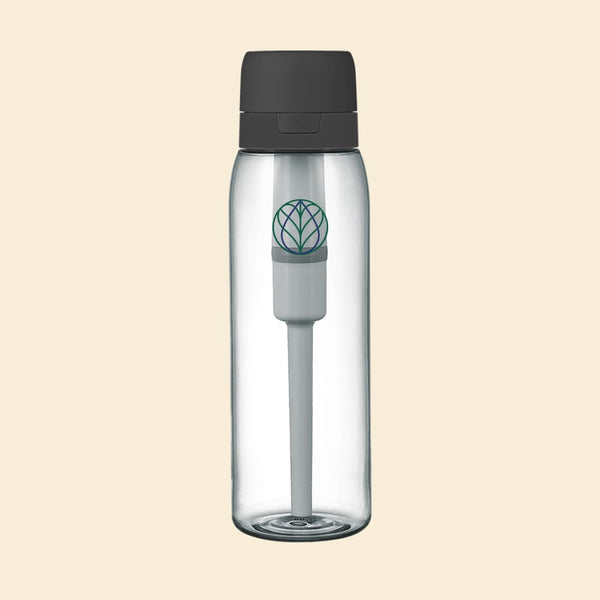
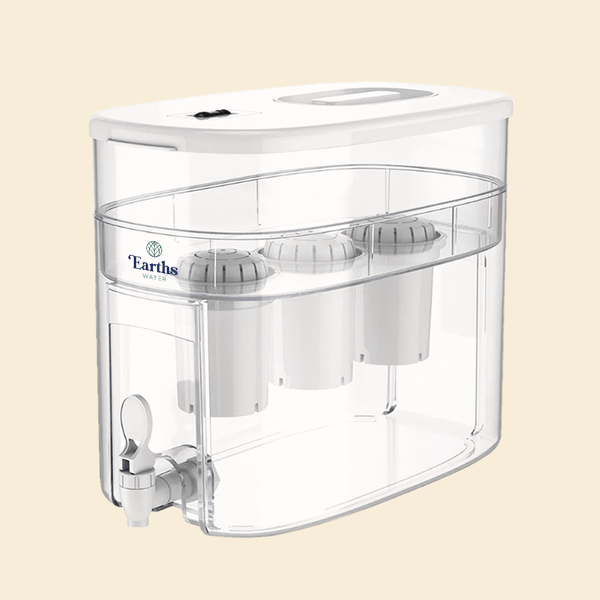
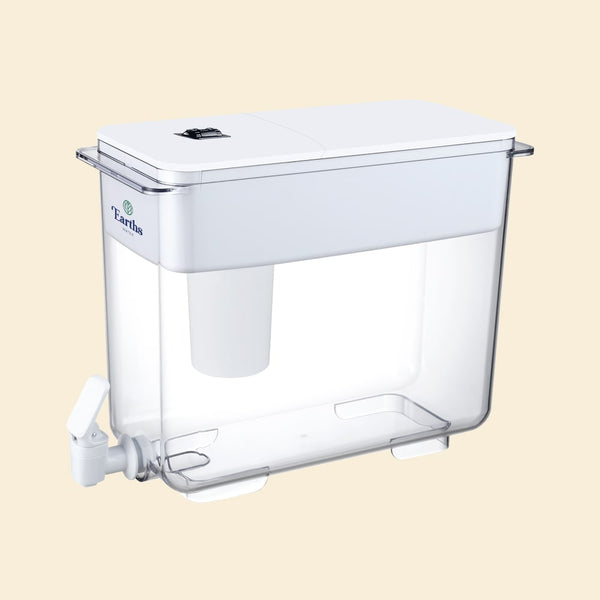
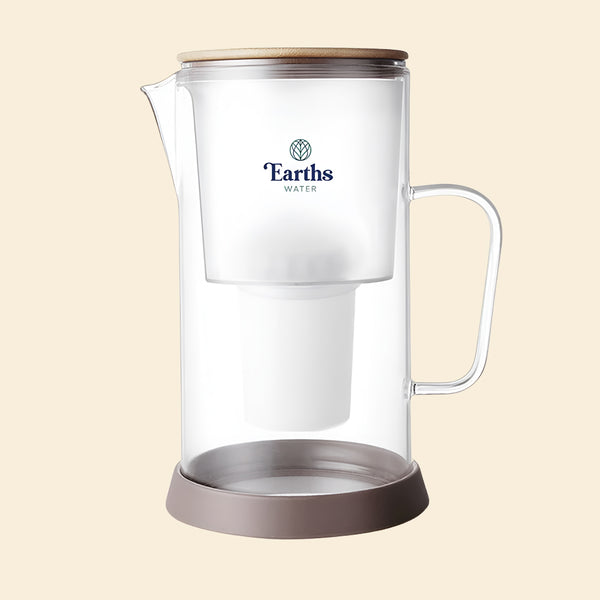
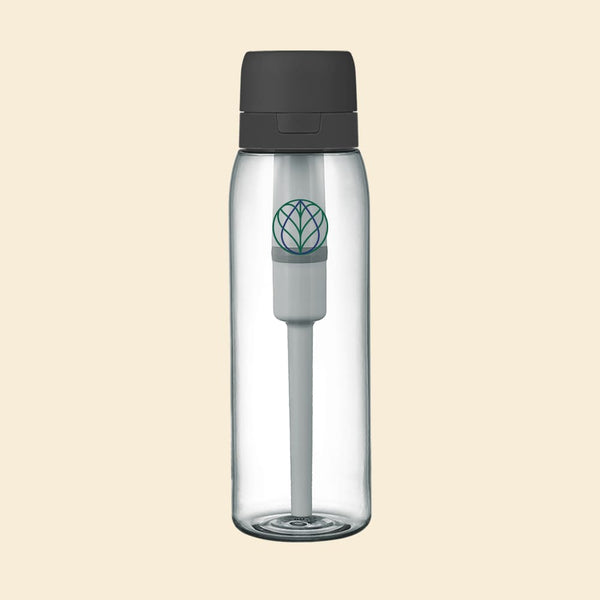
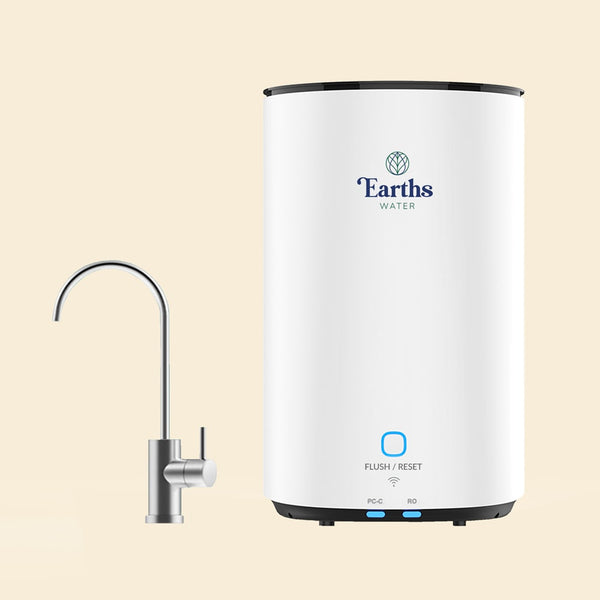
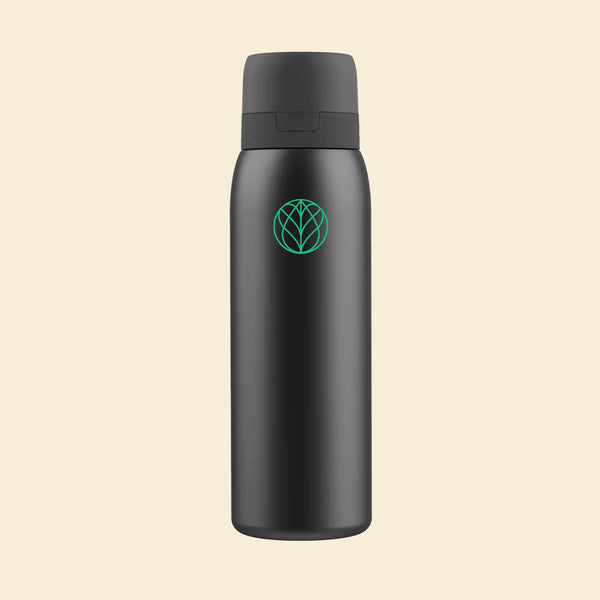
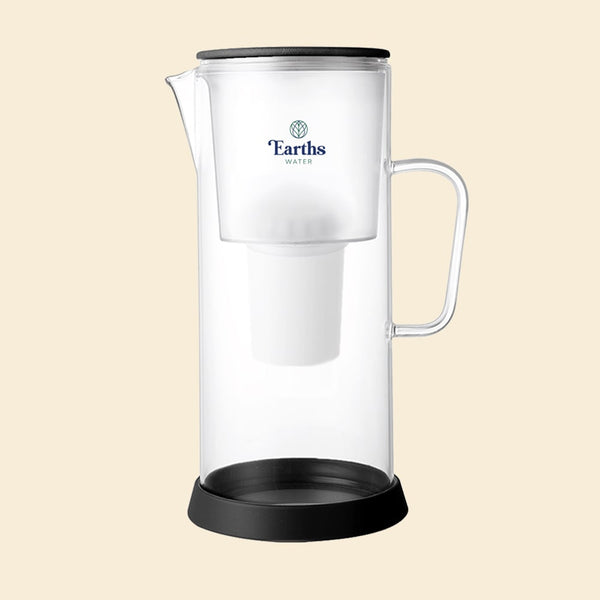
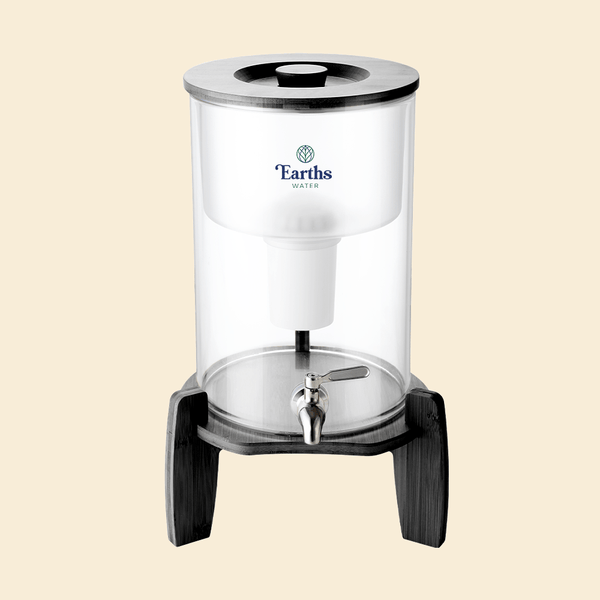
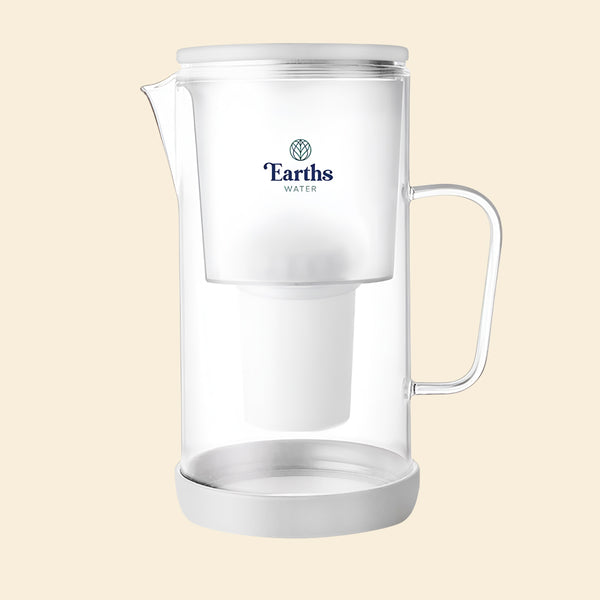
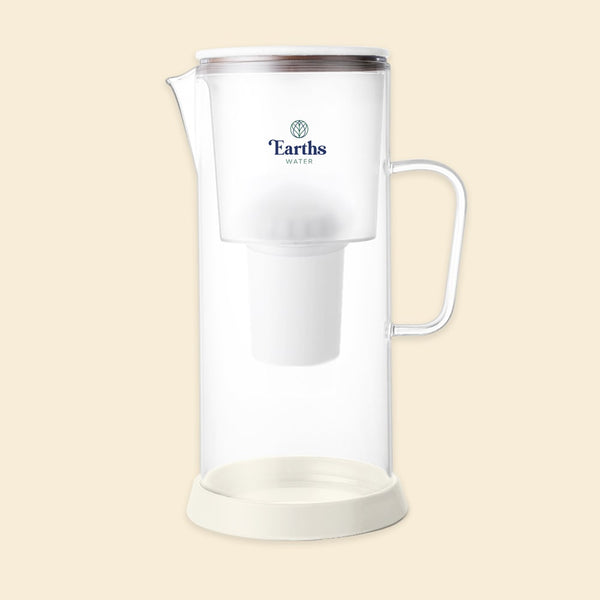
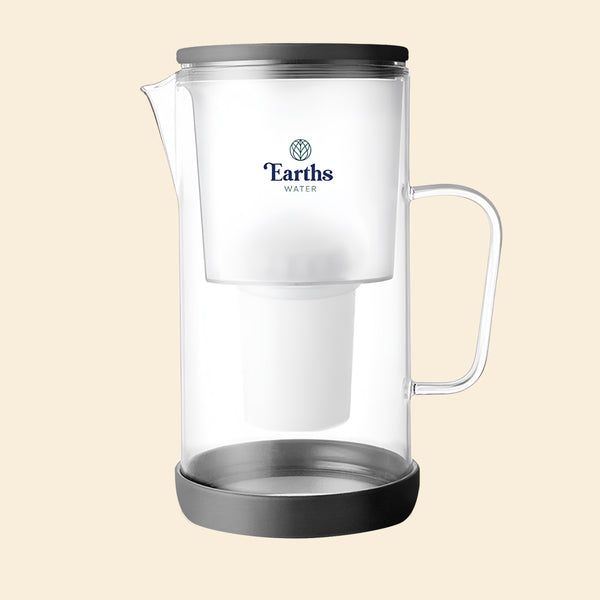
![9L Glass Benchtop Alkaline Water Filter - Eco Acacia [LIMITED EDITION]](http://earthswater.com.au/cdn/shop/files/ACACIA-BENCHTOP-FRONT-BEIGE_600x600.png?v=1743392740)
